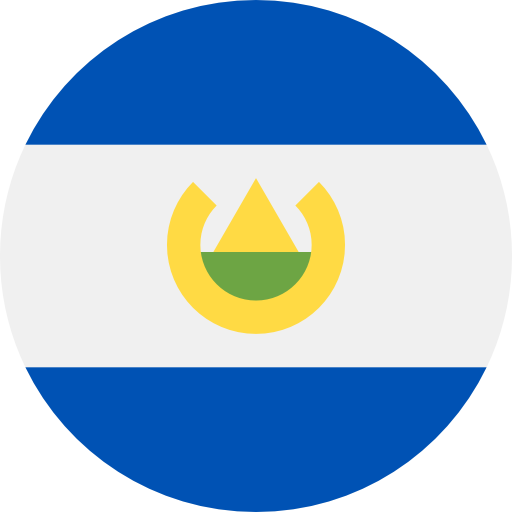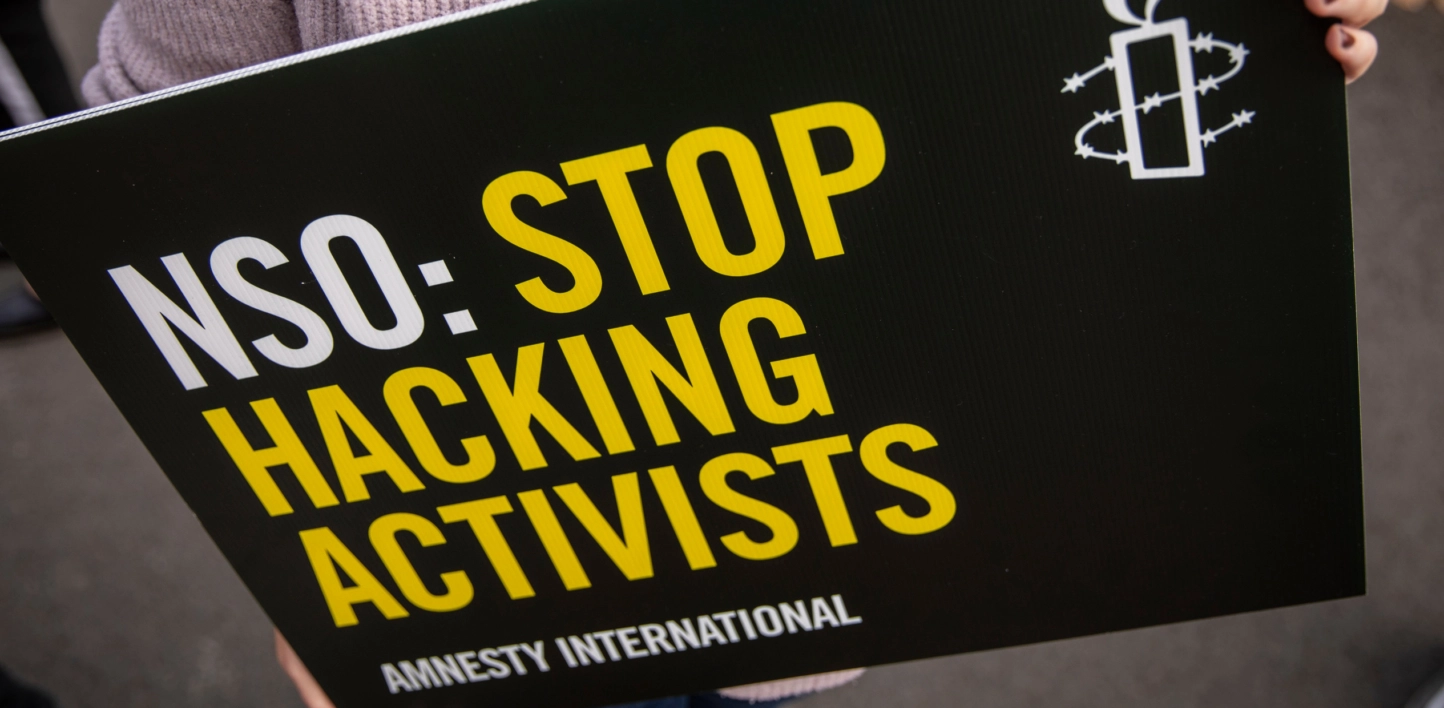
El Salvador
Impact | Negative
Civicus Rating | Obstructed
On January 12, the joint research of the multidisciplinary laboratory of the University of Toronto, The Citizen Lab, and the CSO Access Now revealed that between July 2020 and November 2022, 35 people were affected by the Pegasus spying software, among them watchdog journalists and members of local CSOs. The report determined that the attacks took place when critical issues were being investigated- such as Bukele’s alleged pact with the MS-13 gang in exchange for their support in the elections– and that an anonymous operator of the Pegasus software, later named “Torogoz”, has been operating exclusively in El Salvador since mid-November 2019.
The investigation began in September 2021 and gained further significance after the events of November 2021, when journalists, civil society referents and opposition politicians received an alert on their cell phones from Apple, indicating that they could be the target of a cyberattack perpetrated by “state-sponsored agents”.
On January 13, the results of the report were examined by Amnesty International, which confirmed the veracity of the findings. Immediately afterwards, its Director for the Americas, Erika Guevara-Rosas, described the situation as “a new threat to human rights in the country” and urged the authorities to impartially investigate the facts and identify those responsible. CSOs from different countries, including the Regional Alliance for Free Expression and Information, subsequently joined this request in a press release.
Subsequently, on January 14, the Association of Journalists of El Salvador (APES in Spanish) filed two complaints before the Attorney General’s Office to investigate the acts of espionage as well as the theft of Whatsapp accounts and telephone numbers to spread disinformation.So far, Bukele’s government has denied any relation with the cyber attacks and the use of Pegasus and has pointed out that even its officials could be victims of the same. In this sense, the ruling party parliamentary bloc, Nuevas Ideas, issued a statement condemning the hacking of the accounts of two deputies of its bench.
These events are part of a generalized context of curtailment of freedom of expression. A few days earlier, Human Rights Watch reported that government institutions, including Bukele himself and the Secretariat of Communications, blocked Twitter users of dissidents reaching journalists, activities and citizens as part of a strategy to “continue silencing critics and reduce transparency”. On the other hand, the reform to the Special Law against Computer Crimes, approved in December 2021 and which could enter into force in the short term, raises concerns about provisions that threaten journalistic freedom.


